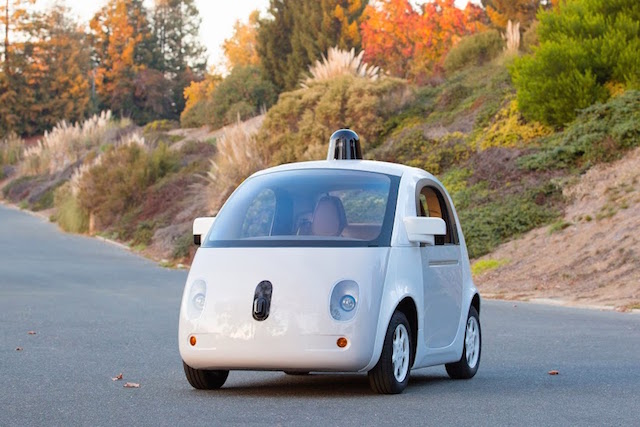A lack of trust in technology’s security could be costing the global economy over a trillion dollars a panel at the Australian Cisco Live in Melbourne heard yesterday.
The panel “how do we create trust?” featured some of Cisco’s executives including John Stewart, the company’s Security and Trust lead, along with Mike Burgess, Telstra’s Chief Information Security Officer and Gary Blair, the CEO of the Australian Cyber Security Research Institute.
Blair sees trust in technology being split into two aspects; “do I as an individual trust an organisation to keep my data secure; safe from harm, safe from breaches and so forth?” He asks, “the second is will they be transparent in using my data and will I have control of my data.”
In turn Stewart sees security as being a big data problem rather than rules, patches and security software; “data driven security is the way forward.” He states, “we are constantly studying data to find out what our current risk profile is, what situations are we facing and what hacks we are facing.”
This was the thrust of last year’s Splunk conference where the CISO of NASDAQ, Mark Graff, described how data analytics were now the front line of information security as threats are so diverse and systems so complex that it’s necessary to watch for abnormal activity rather than try to build fortresses.
The stakes are high for both individual businesses and the economy as technology is now embedded in almost every activity.
“If you suddenly lack confidence in going to online sites, what would happen?” Asks Stewart. “You start using the phone, you go into the bank branch to check your account.”
“We have to get many of these things correct, because going backwards takes us to a place where we don’t know how to get back to.”
Gary Blair described how the Boston Consulting Group forecast digital economy would be worth between 1.5 and 2.5 trillion dollars across the G20 economies by 2016.
“The difference between the two numbers was trust. That’s how large a problem is in economic terms.”
As we move into the internet of things, that trust is going to extend to the integrity of the sensors telling us the state of our crops, transport and energy systems.
The stakes are only going to get higher and the issues more complex which in turn is going to demand well designed robust systems to retain the trust of businesses and users.
Similar posts:




